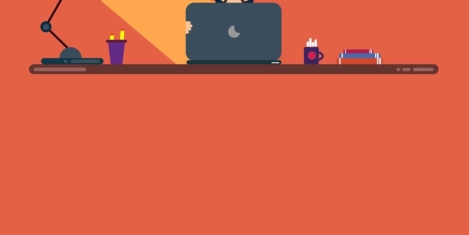August 20, 2020
Commuting, not Covid, main reason employees are avoiding offices
 Employees worried about returning to the office post-lockdown are most concerned about work-life balance and the daily commute, rather than their health, according to research from absence intelligence company e-days. Whereas only a quarter of employees are most worried about potential health implications, results of a snapshot poll of 100 workers show that 7 out of 10 of us are more concerned with impact to work-life balance (37 percent) or the office commute (34 percent). The research follows the change in government advice on 1 August 2020 meaning employers can make their own decisions about staff returning safely to work. (more…)
Employees worried about returning to the office post-lockdown are most concerned about work-life balance and the daily commute, rather than their health, according to research from absence intelligence company e-days. Whereas only a quarter of employees are most worried about potential health implications, results of a snapshot poll of 100 workers show that 7 out of 10 of us are more concerned with impact to work-life balance (37 percent) or the office commute (34 percent). The research follows the change in government advice on 1 August 2020 meaning employers can make their own decisions about staff returning safely to work. (more…)




































August 3, 2020
Isaac Asimov’s remarkable 1964 predictions about life and work in the 21st Century
by Mark Eltringham • Comment, Technology, Wellbeing, Workplace design